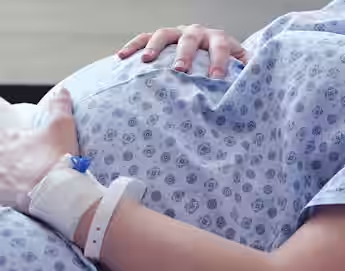Despite his mother's easy pregnancy, Clay died 20 minutes after birth after a junior doctor made two attempts to deliver him with forceps, after receiving advice over the phone because no consultant was present. Following the second attempt, the baby had to be pushed back up the birth canal to be delivered by Caesarean section. Clay suffered multiple skull fractures and could not be resuscitated.
A BBC Panorama special investigation revealed that a Royal College of Obstetricians and Gynaecologists review of services in 2016 identified serious patient safety concerns within maternity care at the trust, but was never published. The trust itself had asked for the review following a 'number of serious clinical incidents' and concerns, including lack of appropriate leadership; lack of availability of consultants and undermining of staff within midwifery care.
Unfortunately, my own dealings with the same Trust have raised similar concerns. I represented the family of a first time mother who died very shortly after giving birth in July 2018 following catastrophic failings in her maternity care.
Every death of a baby or a mother are the most terrible personal tragedies for the families involved. But what is equally concerning when they come to the public's attention is the sheer nationwide scale of the issue of failing maternity care in our country.
Clients often ask me whether the NHS covers up its failings, or can they rely on their medical records to be accurate. Of course I want to be able to reassure them and explain that no such problems exist, but stories like this make it harder for me to do so.
There is little point in trust carrying out reviews of its services if the reports never see the light of day and improvements can be made to save lives.
This latest scandal at the Doncaster and Bassetlaw NHS Foundation Trust will inevitably lead to more questions being asked about the NHS at a time when we are reliant on it more than ever before.

